What You Need to Know About Lemongrass – 8 Incredible Healing Properties
What You Need to Know About Lemongrass – 8 Incredible Healing Properties of the Lemongrass Herb
Overview
Lemongrass herb and its extracts have a long history of use in food, medicine, beauty, and perfumery. A tall perennial grass native to tropical parts of Southeast Asia, this amazing herb is famed for its characteristic strong aroma, which has a lemon-like hint with herbaceous, earthy undertones. Because of its nuanced, complex flavor and digestive properties, l this amazing herb is popularly used in Asian cuisines, often used as an essential ingredient in some Thai curries and Vietnamese dishes.
While all parts of this plant are used for various wellness purposes, leaves are particularly valued for their medicinal properties and are therefore used for making essential oil. Leaves of the herb contain impressive amounts of antioxidants that help fight free radical damage and reduce chronic inflammation in the body, boosting overall health and vitality.
In Indian and Chinese traditional medicines, lemongrass tea and essential oil are commonly used to improve blood circulation, support detoxification, boost skin health, relieve anxiety, and promote healthful sleep. Citral, an important therapeutic agent that makes up about 80% of lemongrass essential oil, has been extensively studied for its antibacterial, immune-boosting, anti-inflammatory, stress-relieving, and cancer-fighting properties.
<<<Broccoli Sprouts: All You Need to Know About This Amazing Superfood and 3 Health Benefits>>>
Health benefits of lemongrass
1. Improves digestion
Sipping freshly brewed lemongrass tea is an age-old popular remedy for soothing digestive discomforts like bloating, heartburn, abdominal pain, nausea, acidity, diarrhea, or indigestion. Due to its antiseptic and astringent effects, lemongrass kills germs and parasites and promotes a healthy gut microbiome.
Studies have found lemongrass effective in killing Escherichia coli and Helicobacter pylori, strains of bacteria that grow in the small intestine and attack its linings, causing abdominal pain and various digestive problems.
Leaves of lemongrass are rich in volatile oils, which contain plant flavonoids and monoterpenes. When these volatile oils are released into food (when boiled as tea or mixed with curries), they stimulate key enzymes that help in the breakdown of food. If you have had a heavy meal, consider taking lemongrass tea afterward to promote smooth digestion.
One study suggested that the citral compound present in lemongrass soothes inflammation of intestinal walls and may help protect the digestive tract from gastric ulcers.
2. Promotes stronger bones and muscles
Lemongrass is an incredibly rich source of manganese. Manganese aids in the metabolism of carbohydrates, proteins, glucose, and fatty acids and plays an essential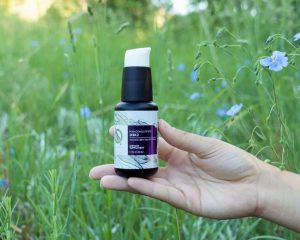
Along with manganese, lemongrass also contains good amounts of essential minerals, including magnesium, calcium, copper, and zinc. Experts have pointed out that a diet rich in these minerals is crucial for preserving bone mineral density against age-related deterioration.
A 2021 study suggested that citral and various antioxidants present in lemongrass may help promote bone recovery, reduce inflammation of joints, and help with conditions like osteoporosis.
Aromatherapy massage with lemongrass essential oil is also known to have numerous benefits for the body and mind. It improves blood circulation, eases muscle tension, strengthens connective tissues, lubricates joints, reduces anxiety, and lifts spirits – altogether creating enabling conditions for healing.
3. Helps treat common infections and allergies
Lemongrass has antibacterial and antifungal properties that can protect against infections like Athlete’s foot, vaginal yeast infection, ringworm, and the common cold.
A 2012 study found lemongrass essential oil effective in inhibiting the growth of five strains of Staphylococcus aureus, a type of bacteria that is commonly found in human skin, groin, underarms, nose, and the upper respiratory tract. It can cause a wide variety of illnesses, including skin infections, urinary tract infections, pneumonia, or even life-threatening conditions like sepsis or heart infections.
Lemongrass can also promote faster recovery when you get sick because of its anti-inflammatory properties. Research shows that citral found in lemongrass herb extracts and essential oil may suppress cytokine production, soothing inflammatory reactions like fever, pain, coughing, swelling, and airway congestions. A 2014 study found lemongrass effective against respiratory allergies and infections.
4. Reduces pain and inflammation
In African and Asian countries, this amazing herb has long been used to treat common types of body pain, including headaches, muscle aches, stomach pain, menstrual cramps, and arthritic joint pain. Leaves also contain compounds like citral, neral, geraniol, and myrcene (also a major component of lemongrass essential oil), which are known to have strong anti-inflammatory properties.
Studies have shown that lemongrass tea has an analgesic effect similar to that of painkiller medicines like diclofenac sodium, aspirin, or morphine. While conventional drugs cause tolerance on repeated use and may have many side effects, lemongrass is relatively safer to use and maintains its efficacy over time.
External application of lemongrass essential oil (diluted) is another way to soothe sore muscles, reduce inflammation of joints, and manage rheumatic pain. In a 2018 study, participants suffering from chronic pain were asked to apply lemongrass oil daily for 30 days. Their pain levels gradually decreased during the trial period, suggesting the healing effect of this incredible herb.
If you cannot avoid taking analgesic tablets, you can still benefit by sipping lemongrass tea with them. Research suggests that lemongrass works synergistically with painkiller drugs and may increase their efficacy. In a 2010 study, combining naproxen (a non-steroidal anti-inflammatory drug) with citral not only increased its anti-inflammatory effect but also reduced its digestion-related side effects.
<<<Broccoli Sprouts: All You Need to Know About This Amazing Superfood and 3 Health Benefits>>>
5. Increases red blood cells
Lemongrass is an excellent source of iron, zinc, folic acid, riboflavin, copper, and thiamine. In addition, it also packs plentiful amounts of antioxidants like tannins, saponins, quercetin, flavonoids, and polyphenolic compounds.
A 2015 study suggests that due to its high nutritional value, lemongrass may help improve red blood cells and prevent conditions like anemia. In this randomized trial, consuming lemongrass-infused tea daily for 30 days significantly increased hemoglobin levels and total red blood cell count in participants.
Red blood cells are responsible for carrying oxygen from the lungs to different parts of the body. Various reasons may cause your hemoglobin levels to drop, such as poor dietary choices, serious injury, excessive menstrual flow, some types of cancer, or cancer treatments. If your body is not making enough red blood cells, you may experience conditions like fatigue, dizziness, physical weakness, or impaired brain function.
6. Helps manage type-2 diabetes
A 2011 animal study found citral present in lemongrass to help reduce weight gain, increase metabolic rate, lower fasting sugar levels, and improve insulin sensitivity, suggesting this herb’s possible role in the long-term management of type-2 diabetes. Citral was also found to inhibit the formation of fatty tissues and lower cholesterol accumulation in rats fed with an energy-intense diet.
7. Lowers cholesterol levels
Several studies have supported the traditional use of this amazing herb in managing healthy cholesterol levels. Various parts of the plant, including its leaves, flowers, roots, and essential oil, have been extensively studied for their possible role in the prevention of heart diseases. Research suggests that citral and geraniol compounds present in this medicinal herb may inhibit the production of mevalonic acid, a precursor in the production of cholesterol. Cholesterol-lowering medicines also work by a similar mechanism.
A 2019 study found lemongrass root and flower extracts to increase HDL (good cholesterol) levels, lower LDL (bad cholesterol) levels, and reduce total cholesterol levels in mice. One 2011 study examined the safety of lemongrass essential oil in high doses and with repeated use for 21 days. It was found to reduce blood cholesterol levels without causing any toxicity. Please keep in mind that this study was conducted on rats, and ingesting essential oils is not considered safe for humans.
<<<Broccoli Sprouts: All You Need to Know About This Amazing Superfood and 3 Health Benefits>>>
8. Reduces water retention
Poor diet, sedentary lifestyle, high intake of sodium (packaged foods), hormonal imbalances, uncontrolled diabetes, and overuse of non-steroidal anti-inflammatory
drugs (such as paracetamol and aspirin) can cause your body to retain more fluids than usual. This condition is called water retention or Edema.
Water retention increases inflammation in the body, causing symptoms like puffy face and skin, swollen feet, bloating, aching joints, or rapid weight gain. If left untreated, it can affect the circulatory system, sometimes causing serious damage to the heart or kidneys. Studies have shown that regular intake of this amazing herb may promote ideal fluid balance and encourage the removal of toxins from the system.
The herb contains high amounts of magnesium and potassium – the two most important micronutrients that are involved in removing excess fluid buildup. This amazing herb also works as a great detoxifier due to its high antioxidant content and diuretic properties. Diuretics increase the frequency of urination, which helps the kidney flush out excess sodium and water. This reduces blood pressure, improves blood circulation, and prevents the risk of heart failure.
Safety and risks of lemongrass
Lemongrass is generally safe and well-tolerated in moderate amounts. However, some people may experience side effects such as dizziness, rapid breathing, or increased heart rate. Consuming lemongrass in any form is not recommended during pregnancy and the lactation period. Also, persons who are taking diuretic medicines or have fluctuating blood pressure should consult an expert before using lemongrass.
If you have never tried this amazing herb in your cooking or as a tea, consider using it in small amounts first. Start with one cup of tea twice a week, and then you can gradually increase it to once daily.
The essential oil from this herb is not considered safe for consumption and should only be used for external purposes. For topical application, make sure to dilute it first with a carrier oil. If you experience skin irritation or breathing difficulty while using lemongrass oil, stop using it immediately and seek medical help.
Final thoughts
Lemongrass is a great source of antioxidants and essential minerals that can restore and promote optimal health.
There are many ways to enjoy the healing properties of this herb: the leaves can be boiled and consumed as a detox tea; the stem and leaves can be used to flavor curries, marinades, sauces, stews, and soups; the essential oil can be used in home diffusers to add a mood-lifting aroma that also works as an air purifier; the essential oil can also be diluted and enjoyed in a restorative massage and as a scent for the home made body butters.
Like all essential oils, the essence from this amazing herb is a highly potent medicine and should always be used in extremely low amounts. Remember, less is always more when it comes to natural therapies.
To Your Health!
References
https://www.ncbi.nlm.nih.gov/pmc/articles/PMC4170112/
https://pubmed.ncbi.nlm.nih.gov/1753786/
https://www.researchgate.net/publication/328234231_Effect_of_lemongrass_oil_on_body_pain
https://www.jpsr.pharmainfo.in/Documents/Volumes/vol9Issue02/jpsr09021734.pdf
https://pubmed.ncbi.nlm.nih.gov/20637575/
https://www.ncbi.nlm.nih.gov/pmc/articles/PMC3326778/
https://pubmed.ncbi.nlm.nih.gov/12752733/
https://pubmed.ncbi.nlm.nih.gov/24682420/
https://pubmed.ncbi.nlm.nih.gov/21316719/
https://pubmed.ncbi.nlm.nih.gov/22862808/
https://www.liebertpub.com/doi/abs/10.1089/jmf.2013.0184
https://www.ncbi.nlm.nih.gov/pmc/articles/PMC3113383/
https://www.sciencedirect.com/science/article/pii/S0278691511002699

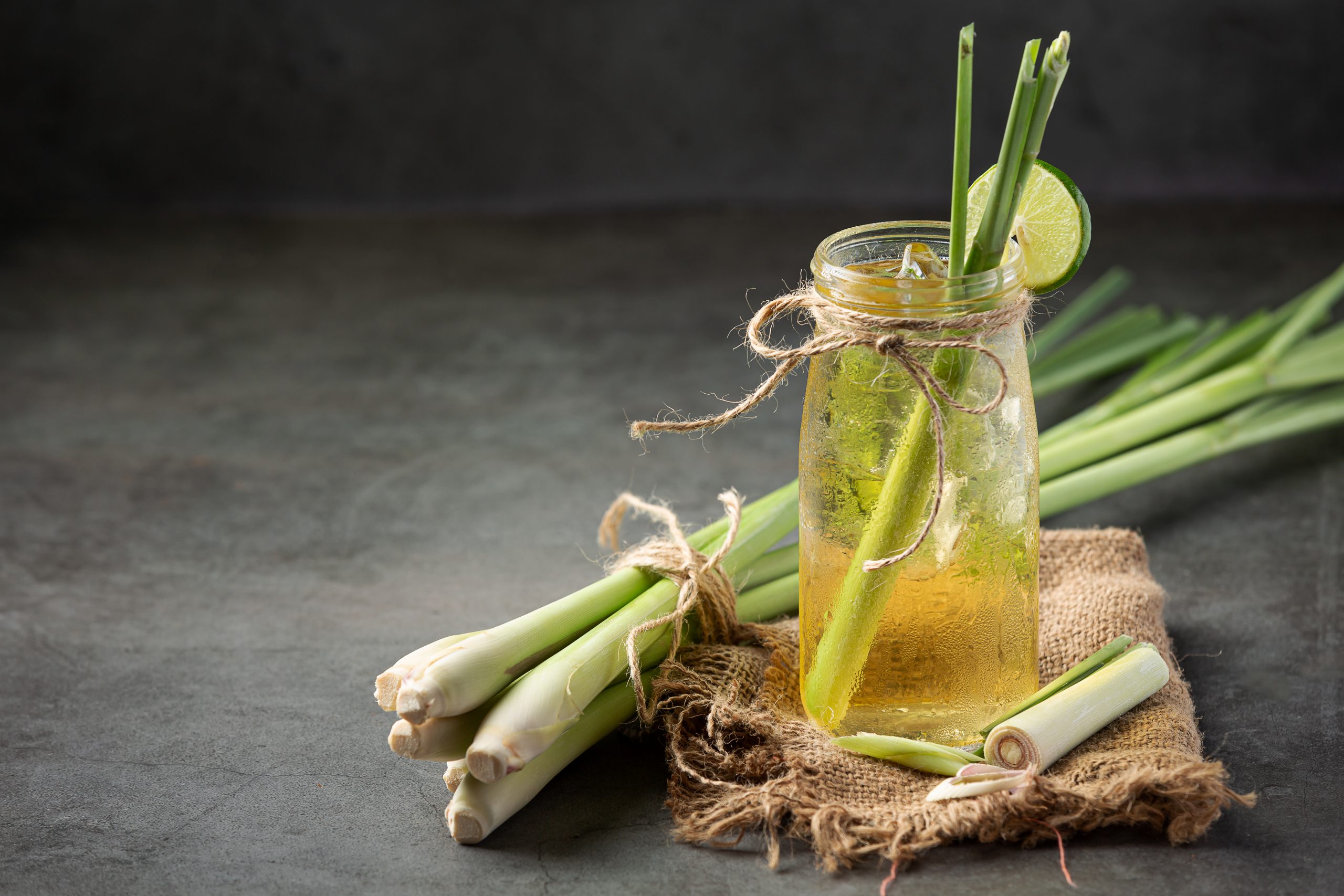
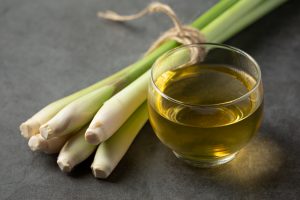
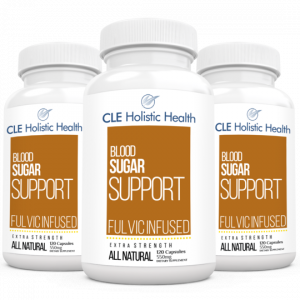









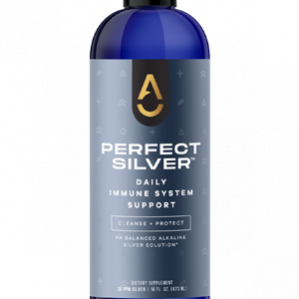
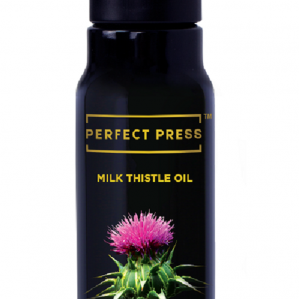

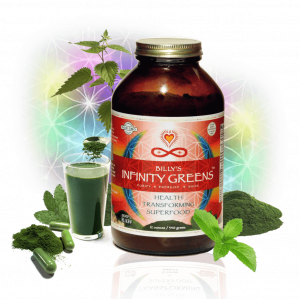












0 Comment